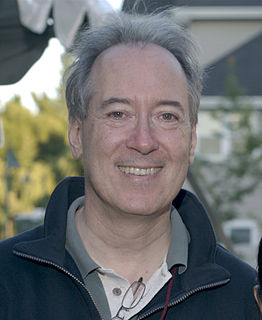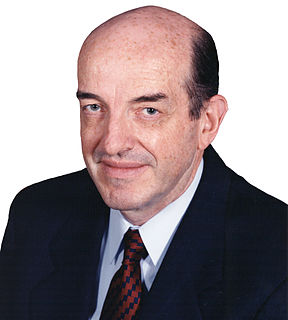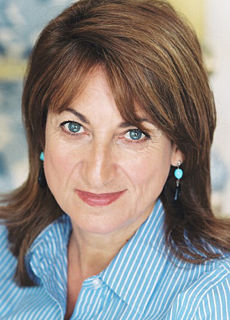A Quote by David Petraeus
I'm heartened that, for the first time, we're seeing some of the Internet Service Providers and the social media sites taking action against the Islamic State. That's the kind of initiative that can very, very much augment on an industrial scale what the government is trying to do.
Related Quotes
Sufis have always been those that have tried to purify the ethics of Islam and society. And they don't have their hands cut off from the external action at all. For example, the bazaar in which the Sufis were very strong always dominated economic life in Islamic world. They could give a much more sane and Islamic form of activity when the economic life of Islam moved out of the bazaar to new parts of Islamic cities with modernized Muslims, who took it in another light and it became very, very anti Islamic, and much against many of the most profound practices of Islamic societies.
People generally worry about social networking more than they need to. In kind of consumer internet investing and on social and professional networks, I kind of look at time spending and time efficiency. You know, time saving sites. So on time spending sites, things where you play lots of games or that sort of thing, you might worry about a productivity loss if people are spending a lot of time doing that. So if there's a lot of kind of addictive gaming going on during work hours, that won't be as helpful to you.
The west is very concerned and actually afraid because the media is not informing them. There are too many moderate Muslims who are trying to whitewash the fears and concerns of the West. It's time for us to face reality - nobody is against Muslims. When I'm speaking about this situation, it's about Islamic doctrine. Islamic doctrine promotes violence and hatred against non Muslims. 60% of the Koran is dedicated to cursing and spreading hatred and violence against non-Muslims who are called 'Kaffir'.
We are moving rapidly from an era of an oligopoly of content providers to an oligopoly of content controllers: new choke points. This is not media consolidation in the traditional sense, where a few huge conglomerates used economies of scale to dominate journalism by dominating the local and national agendas. This consolidation, to a very few companies plus increasing government intervention, is even more dangerous - and information providers of all kinds are finally starting to grasp what’s happening.
State constitutions typically provide that the state first has to service its debt, then make it pension payments, and then pay for services. What we don't know is whether that order will be enforced. And ultimately, the busted state is going to be looking to the federal government for a bailout. Think Greece, but on a much bigger scale.
If you have an internet service provider that's capable of slowing down other sites, or putting other sites out of business, or favoring their own friends and affiliates and customers who can pay for fast lanes, that's a horrible infringement on free speech. It's censorship by media monopolies. It's tragic: here we have a technology, the internet, that's capable really of being the town square of democracy, paved with broadband bricks, and we are letting it be taken over by a few gatekeepers. This is a first amendment issue; it's free speech versus corporate censorship.
Before I became the president of AT&T's consumer division, I was running strategy and our internet services, so I was the president of one of the first internet service providers, ISPs, AT&T Worldnet, and running our internet protocol product development as well. So I knew a lot about what was going on with the internet.
There was a generation of kids who were just kind of emulating distant heroes and wearing peace symbols, and parents who were thinking of themselves as liberal and removed from barbarity, but it also was the era of Vietnam. I very much was influenced - and I think the whole country was kind of in a state of shock - for the first time seeing the horror and cruelty of war.
It is not possible to starve an organised terrorist group because it is number one a state, so it levies taxation inside the territory that is controlled by Islamic State. But also the activity, for example the smuggling of oil, is taking place in an area which is a war zone. So of course people will buy that oil because they don't have any alternative. So even if we wanted to stop that kind of trade, it will be very, very difficult to do that.
I'm going to proportion more time to organizing and taking action and less time to passively consuming news that is dispiriting me. Part of this will be to get off social media. I know social media is just a tool, but we've been using it in a way that has transformed us from a nation into an audience, passively spectating our own ruin.





































